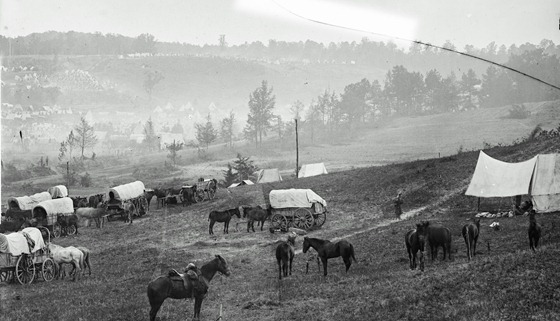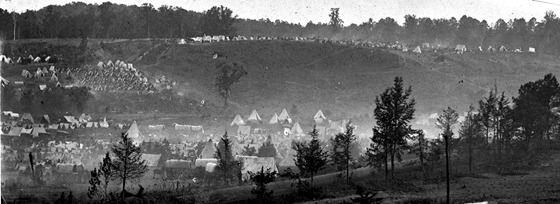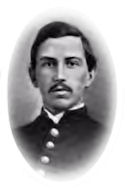May 16.—The following General Order, made by President Lincoln, at Norfolk, Va., on the eleventh of May, was this day issued:
“The skilful and gallant movements of Major Gen. John E. Wool and the forces under his command, which resulted in the surrender of Norfolk, and the evacuation of the strong batteries erected by the rebels on Sewell’s Point and Craney Island, and the destruction of the rebel iron-clad steamer Merrimac, arc regarded by the President as among the most important successes of the present war. He therefore orders that his thanks as Commander-in Chief of the Army and Navy, be communicated by the War Department to Major-Gen. John E. Wool, and the officers and soldiers of his command, for their gallantry and good conduct in the brilliant operations mentioned.”
The United States steamer Oriental was wrecked on Body’s Island, thirty miles north of Cape Hatteras, N. C.—The Senate of the United States confirmed the nomination of Brevet Major Gen. Wool to be Major-General of the army.
—At New-Orleans, La., General Butler issued the following orders:
“The New-Orleans Bee newspaper having published an elaborate though covert argument in favor of the cotton-burning mob, is hereby suppressed. No publication of any description will issue from that office until further orders.
“The New-Orleans Delta newspaper having, in an article of to-day’s issue, discussed the cotton question in a manner which violates the terms of the proclamation of first of May instant from these headquarters, the office of that paper will be taken possession of and its business conducted under direction of the United States authorities.”
“It is hereby ordered that neither the city of New-Orleans, nor the banks thereof, exchange their notes, bills or obligations for confederate notes, bills or bonds, nor issue any bill, note or obligation payable in confederate notes.
“On the twenty-seventh day of May instant, all circulation of or trade in confederate notes and bills will cease within this Department; and all sales or transfers of property made on or after that day, in consideration of such notes or bills, directly or indirectly, will be void, and the property confiscated to the United States — one fourth thereof to go to the informer.”—(Doc. 38.)
—Two Union gunboats opened fire with shot and shell on Darien, Georgia, without inflicting any damage.—Fast day in the rebel States.— Savannah News, May 17.—(Doc. 39.)
—Colonel Johnson Hagood, Provost-Marshal of the Second Military District of South-Carolina, issued the following from his headquarters at Charleston:
“In compliance with instructions received from Brigadier-General Ripley, Capt Francis D. Lee, Engineer Corps, is empowered to impress any negro carpenters and other artisans, not now employed in government service, whether the same be slaves or not Captain Lee will be furnished with such force as may be necessary to carry out the instructions.”
—The National Intelligencer this morning contains an article, three columns in length, denouncing Gen. Hunter’s proclamation, and asserting that the President will revoke it
—Commodore Goldsborouoh with the Susquehannah, the Wachusett, the Dacotah, and the Maratanza moved up the James River, Va., to reduce two batteries on the south shore, and found the batteries abandoned.—N. Y. Times, May 21.—(Doc. 110.)








